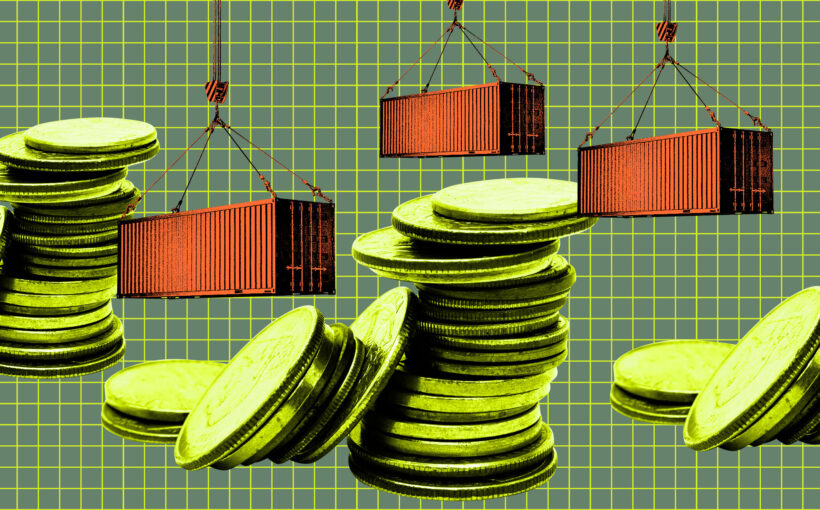
Your next car purchase is probably going to be more expensive, thanks to President Donald Trump.
Around 5.3 million vehicles are built in Canada and Mexico, 70 percent of which are destined for the United States. Those vehicles will soon be subject to 25 percent tariffs, which were just announced by the Trump administration. And the companies paying the higher price to import those vehicles are very likely to pass that cost along to the consumer — to you.
You may not see higher MSRPs right away, says Mike Wall, executive director for automotive analysis at S&P Global Mobility. But you will likely see fewer incentives and special deals at dealerships as dealers get stingier about their vehicle inventories. Perhaps fewer vehicles even get made as manufacturers weigh the costs of paying 25 percent duties on key parts and components. Eventually, the higher cost of building and selling a car in the US will filter down to the consumer.
Around 5.3 million vehicles are built in Canada and Mexico, 70 percent of which are destined for the United States.
“I can’t emphasize that enough,” Wall said. “A 25 percent tariff is just massive in this industry.”
A tariff is a tax on goods imported from another country. The Trump administration claims it’s levying the new tariffs on Canada, Mexico, and China to stop the flow of illegal drugs into the US. Often, presidents use tariffs as a threat during trade negotiations or to protect domestic industries from cheaper foreign products (as the Biden administration did with electric vehicles from China). But as the New York Times has noted, Trump sees tariffs as a significant source of revenue for the US, perhaps even as a replacement for income taxes.
But most economists expect the outcome to be higher prices for a wide range of consumer goods, from clothes, to shoes, to food, to cars. Trump claims foreign companies will eat the higher costs, but don’t be fooled.
Just listen to the companies who will be bearing those costs. “If we get tariffs, we will pass those tariff costs back to the consumer,” said Philip Daniele, CEO of AutoZone, on an earnings call in September, according to CNN.
Virtually every car company will be impacted: Ford’s F-series trucks and Mustangs with engines made in Canada; Mazda CX-50s from Mexico; full-size pickup trucks from General Motors and Stellantis; even the Toyota Rav-4.
“A 25 percent tariff is just massive in this industry.”
S&P Global Mobility estimates that a 25 percent tariff on a $25,000 vehicle from Canada or Mexico would be $6,450 — most of which would be borne by the consumer.
“As that price goes up, consumers exit,” Wall said. “They’re gonna hold off, they’re gonna wait. They may go to the used market. I’ll tell you what, if pricing on the new market goes up, guess what? That pricing on the used market is gonna be impacted because it’s a supply and demand thing.”
Electric vehicle prices may be impacted as well, especially if the price of certain components go up as a result of the tariffs. Rivian CEO RJ Scaringe recently warned that the tariffs represent a bigger threat to the EV industry than the potential elimination of tax incentives under Trump. And while many EV makers are making huge investments in domestic manufacturing thanks to the Biden administration’s Inflation Reduction Act, they are still just as exposed as companies that build combustion engines.
Most automakers say they have contingency plans for tariffs but wouldn’t say exactly what those plans are. Spokespersons for Ford and BMW declined comment.
Volkswagen’s Puebla factory is Mexico’s largest and one of the biggest in the Volkswagen Group, making nearly 350,000 cars in 2023, including the Jetta, Tiguan, and Taos models, all for export to the United States. In a statement, the company said it “remains a strong advocate for free and fair trade.”
“We are monitoring the situation and planning for various scenarios,” the German auto giant added. “We hope for a swift resolution on tariffs across North America.”



